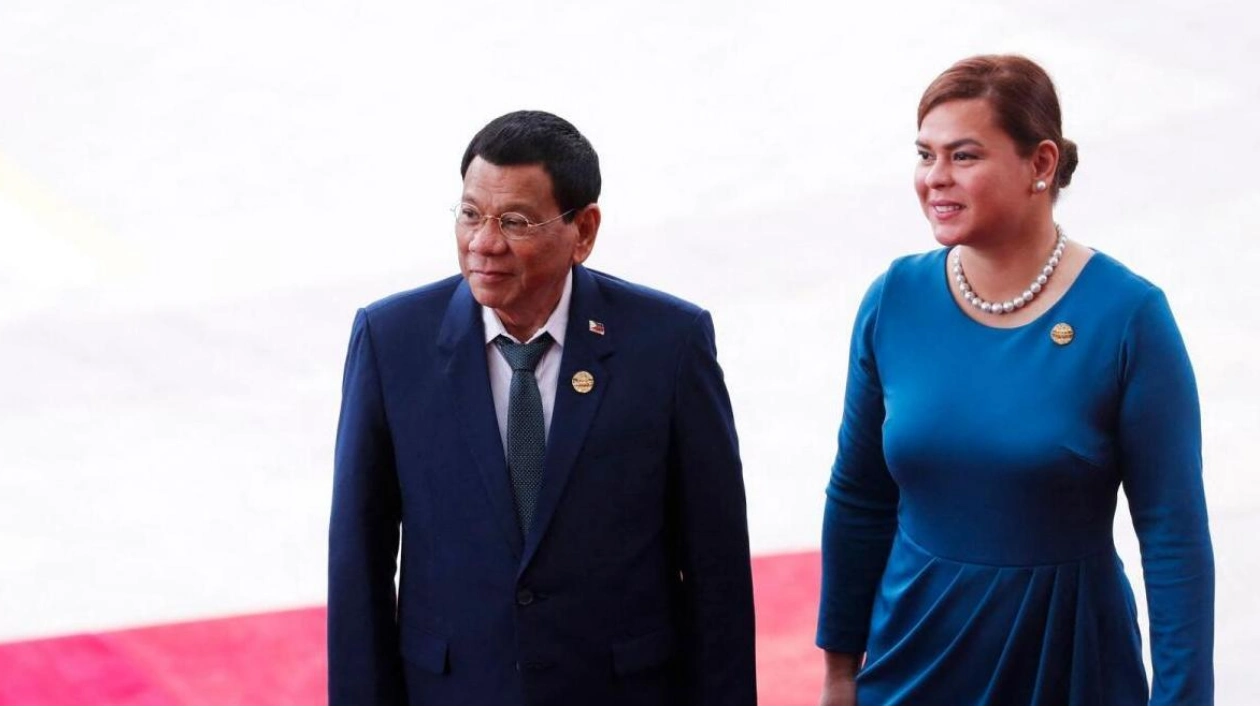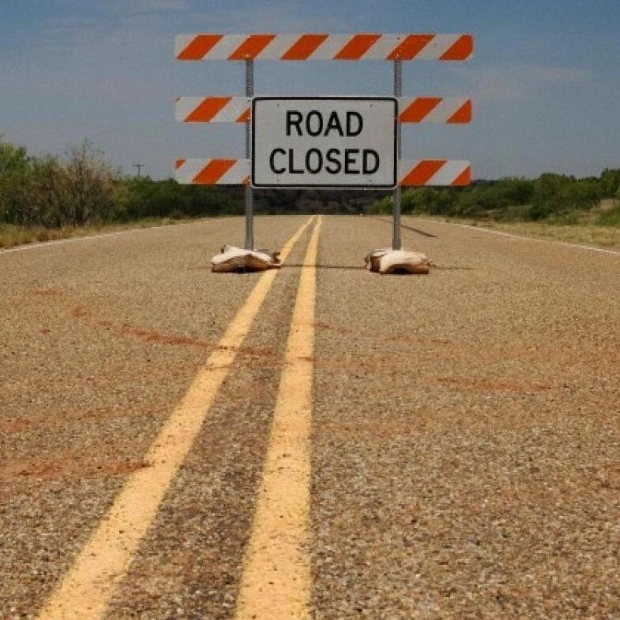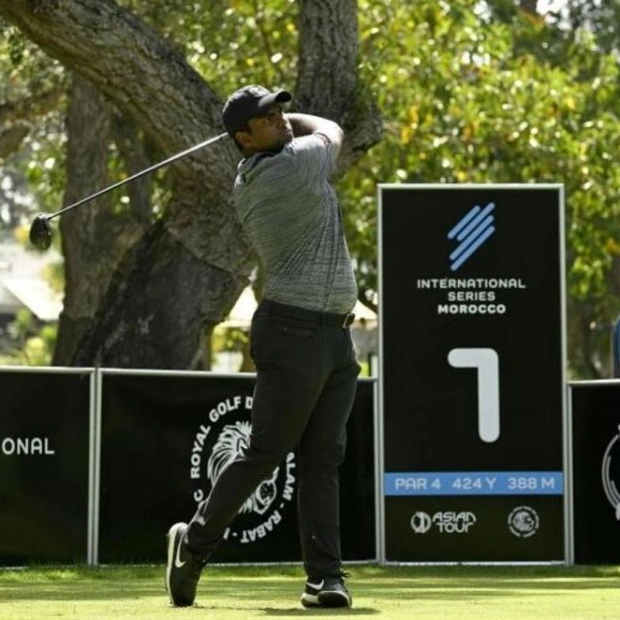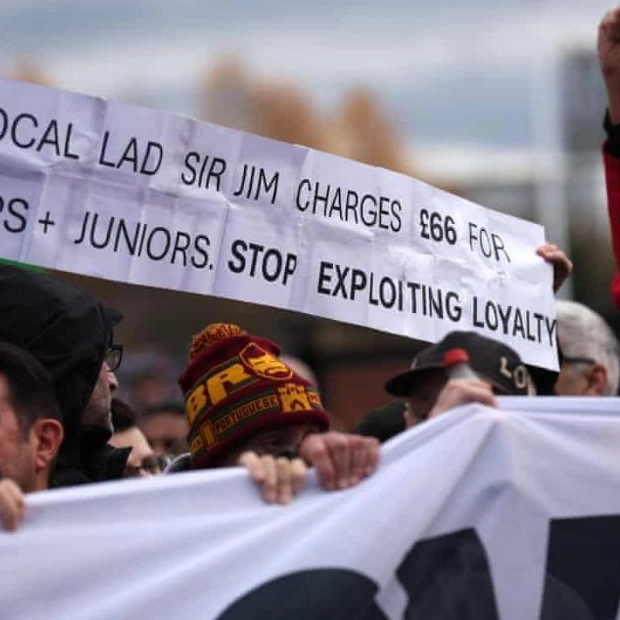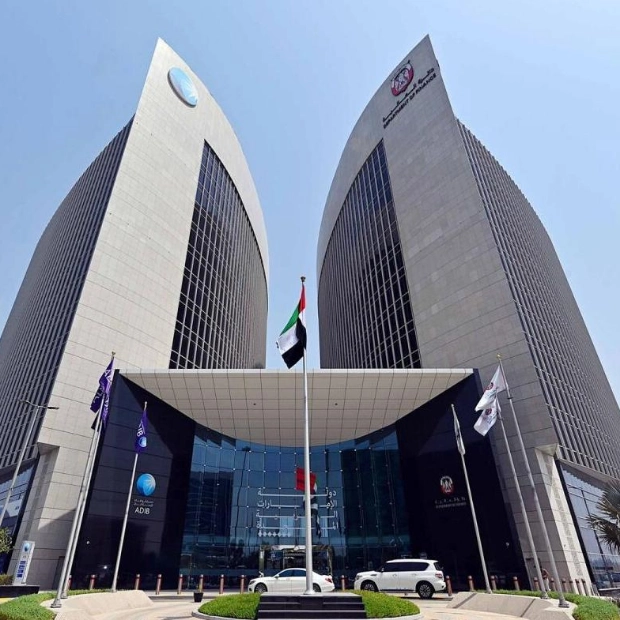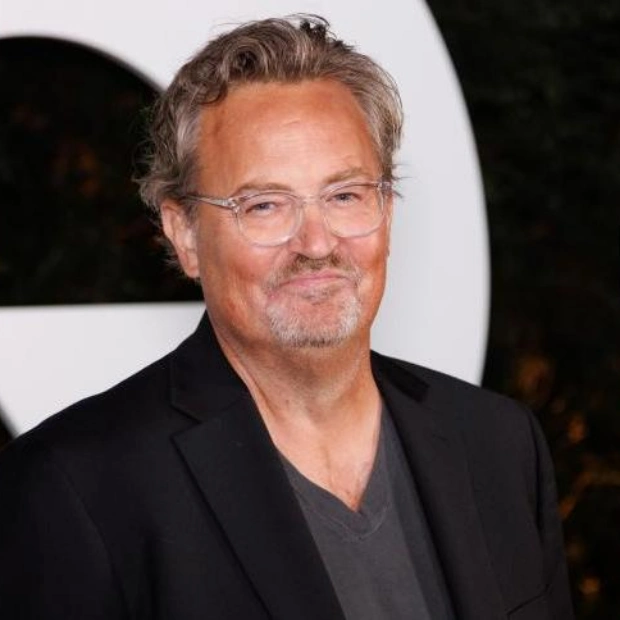The Philippines' dominant Marcos and Duterte political dynasties, uneasy allies for two years, are preparing for an electoral clash that could disrupt policy stability in the Southeast Asian country in the coming years. Vice-President Sara Duterte's resignation as education minister in President Ferdinand Marcos Jr's cabinet was followed by her dramatic announcement that her father, former President Rodrigo Duterte, and two brothers would run for the Senate next year. The breakup of the alliance was anticipated, but the political challenges posed by the Duterte men could thwart Marcos' plans to consolidate power and prepare a potential successor for 2028, when analysts predict Sara Duterte might aim for the presidency. Philippine presidents are restricted to a single six-year term.
'It is a threat,' said Jean Encinas-Franco, a political science professor at the University of the Philippines. 'It sends a message to the Marcoses and to the Filipino people that we are still active and influential.' Marcos, 66, dismissed the Dutertes' plans, stating, 'It's a free country. They can do whatever they want.' It remains uncertain how the potential Senate candidacies of Duterte, 79, and his sons—they will not file for the Senate races until October—might impact policy in the short term. However, victories in the May mid-term elections by the Duterte family, supported by their robust political base, could complicate Marcos' efforts to enact laws that diverge from the Dutertes' interests.
The former president might be motivated to run for 'political protection,' according to Manila-based political analyst Julio Amador. Duterte is under investigation by the International Criminal Court (ICC) for his 'war on drugs' campaign, which saw thousands killed in what authorities termed vigilante killings during his 2016-2022 presidency. Harry Roque, his spokesperson during his presidency, rejected the notion, asserting that the court has no jurisdiction over the Philippines. The Marcos and Duterte clans formed a strategic alliance in 2022, propelling the president and vice-president into office despite significant differences in style and policy between the two leaders.
In a political landscape where personality often overshadows ideology, Marcos, the son and namesake of the late strongman Ferdinand Marcos Sr, presents a polished yet unremarkable image, contrasting with the bold and often controversial Rodrigo Duterte. Marcos has realigned foreign policy towards traditional ally the United States and taken a firm stance against China, with which Duterte had a friendly relationship, over maritime disputes, while initiating potential peace talks with communist rebels. Highlighting the complex political partnership, Marcos has indicated that Manila is considering rejoining the ICC but would not cooperate with its investigation of Duterte, a former mayor and prosecutor.
Marcos had a 55% public approval rating in March, lower than Sara Duterte's 67%, with both ratings declining from three months earlier, according to the latest quarterly survey by independent pollster Pulse Asia Research. Sara Duterte, 46, was initially favored to win the 2022 presidential election but opted to run with Marcos, defeating other contenders and securing the comeback for the disgraced Marcos dynasty. A survey last year by pollster Social Weather Stations showed her as the top choice for president in 2028. Eleven months before the mid-terms, Rodrigo Duterte is favored to win a Senate seat, and his sons, though lagging, could benefit from their father's support to gain office, according to polls. They also indicate likely Senate re-election for two of his closest allies—a former aide and the former police chief who managed his drugs war.
Having three Dutertes in the Senate could sway the balance in the chamber, and it would not be unrealistic for the patriarch to be elected Senate president, analysts suggest. This could expose Marcos to potential censures and congressional investigations, paving the way for the Dutertes to align with independents and marginalize opponents. 'In the Senate, it is easy to initiate investigations that can either bolster or undermine presidential ambitions,' said Franco at the University of the Philippines. Political protection from the ICC could be a motive for the former president. Duterte withdrew the Philippines from the Hague court in 2018 in response to its investigation of him. He lost immunity as head of state upon leaving office.
'Would the Senate surrender a sitting senator to an international tribunal?' asked analyst Amador. Former presidential adviser and seasoned political analyst Ronald Llamas noted that the Dutertes are 'facing an existential crisis,' given the ICC probe and Marcos' consideration of rejoining the court. 'Their backs are against the wall.' Roque, Duterte's spokesperson during his presidency, stated that the 'ICC had lost its jurisdiction' when the prosecutor sought approval for the investigation after Manila's withdrawal took effect. 'Full stop.' Engaging in potentially destabilizing Senate campaigns could also be 'a strategy to stay in the news' for the Dutertes, according to Amador.
'Essentially reminding the Filipino people that they are still a powerful force,' he said. 'They have a significant impact on national politics.'
